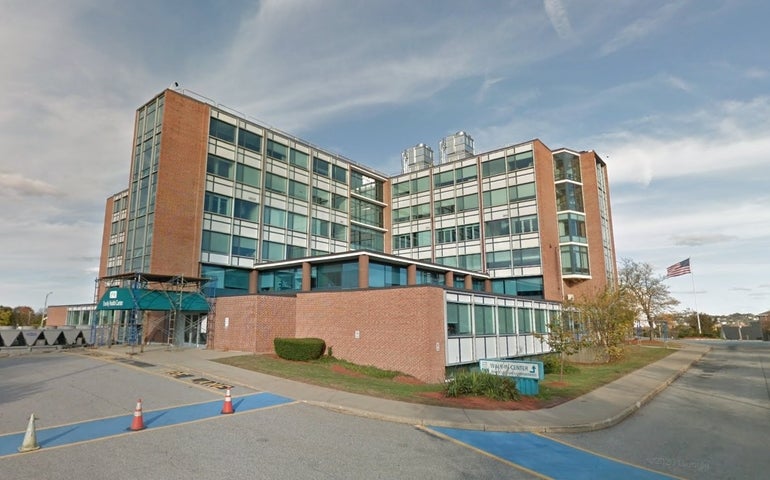Massachusetts hospitals that serve disproportionate numbers of patients on Medicaid or who lack health insurance are pressing to block or delay nearly $630 million in federal funding cuts that were originally enacted in 2010 as part of the Affordable Care Act.
The cuts, which have been delayed several times, are currently set to kick in on Oct. 1, according to the Massachusetts Health and Hospital Association, and would come as Gov. Maura Healey and the Legislature just agreed this month on $180 million in state aid to be delivered to financially stressed hospitals.
The cuts would total $8 billion annually across the country from fiscal years 2024 through 2027, the association said, with Massachusetts standing to be among the hardest hit states because of a formula requiring the largest percentage of cuts be applied to the states with the highest percentage of insured individuals.
Massachusetts could lose $628.6 million, or 76 percent of its current Medicaid funding for “disproportionate share” hospitals, the MHA said, citing Medicaid and CHIP Payment and Access Commission estimates and warning that “significant harm will occur if the scheduled Medicaid DSH cuts are not stopped.”
Pending legislation known as the PATIENT Act includes a section that would eliminate the scheduled cuts for fiscal years 2024 and 2025.
In an Aug. 4 letter to U.S. Senate Majority Leader Chuck Schumer and Minority Leader Mitch McConnell, more than half the members of that branch, including Sens. Elizabeth Warren and Ed Markey, wrote that required funding reductions were tethered to the Affordable Care Act’s goal of increasing health insurance coverage so that hospitals would no longer need the additional payments, which date back as far as 1981, to offset uncompensated care costs.
“Those coverage levels have not been fully realized yet these hospitals continue to care for uninsured and underinsured patients,” the senators wrote in their letter, which the hospital association drew attention to in its Monday Report.
They added, “The Medicaid DSH program keeps many hospitals financially viable and able to provide care to vulnerable individuals. Drastic cuts to this program could lead to a reduction in access to care for those who need it most.”

